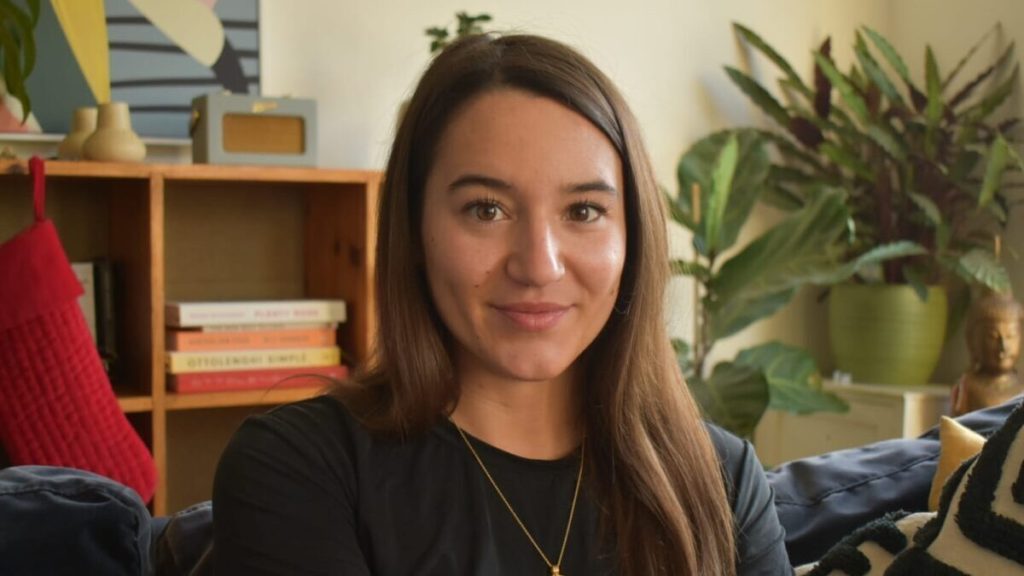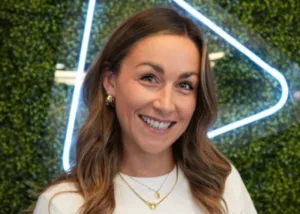By Tamara Kojic, Senior Brand Strategist at Adyoulike.
A recent study from the Centre of Social Integration found that in order for an ethnic minority candidate to be successful, they would need to send out 60% more applications to get a call back.
In the same research – which was based on 3200 fictitious job applications – Black Africans and applicants from Middle East and North African (MENA) countries were “penalised heavily”, while discrimination against applicants from Pakistan or Nigeria was found to be at an alarming” level.
These damning stats have been around for a while, but arguably it’s only this year that people are starting to pay attention as much as they should. Whilst the #BlackLivesMatter movement first emerged in 2013, fast forward 7 years and it’s on people’s minds more than ever. The senseless deaths of George Floyd and Breonna Taylor sparked deeper, long-overdue discussions, and it feels like the world of business is finally ready to have grown up conversations about diversity.
And these conversations – whether about race, or gender, even educational background – can be uncomfortable. Especially when it comes to recruitment. And especially when it comes to the bias that plays out during the application process; casting judgements based on name. The stats show that an embarrassing amount of employers still won’t look past this element on a person’s CV, which means that many unfortunate applicants won’t pass this stage.
In an ideal world, we’d rid everyone of their bias overnight. But for now, it is essential that we ensure CVs are sent blind so a recruiter can focus solely on the experience, education and knowledge of the applicant.
But when we get to the interview process, a further hurdle faced is this myth of ‘cultural fit’. Too many times have I heard of an employer pass on a fantastic candidate that’s suitable in every way because they “may not be able to fit in culturally”.
But what does that mean? Too often it means people that look, talk, act and think the same. How boring. Surely everyone can fit into a culture and office environment if given the opportunity?
It is the responsibility of the company and existing employees to welcome a new member to the team, to guide them and help them settle in. It is not the responsibility of the employee to change their character in order to “fit in” (not very inclusive!), it is the obligation of the company to give everyone an equal chance.
Instead of “will they fit in with the dominant clique”, instead ask how will this person make our work environment better. What do they know that we don’t know? What experience have they had that we haven’t?
Company values are non-negotiable, however. Does this person share our beliefs about how work should be done, and how we treat our clients? This is something I look at when I interview new members of staff. And any company worth their salt should be founded on key values such as honesty, respect and equity. If you have those things, a great culture will happen anyway!
Hiring is filled with so many crap hangovers from prejudiced days, so much jargon, so many unquestioned rituals. This year and all the progressive conversations we’ve been having as a society are presenting us with the opportunity to throw the rulebook away and move forward. No more CV bias. No more cultural fit. And good riddance.









